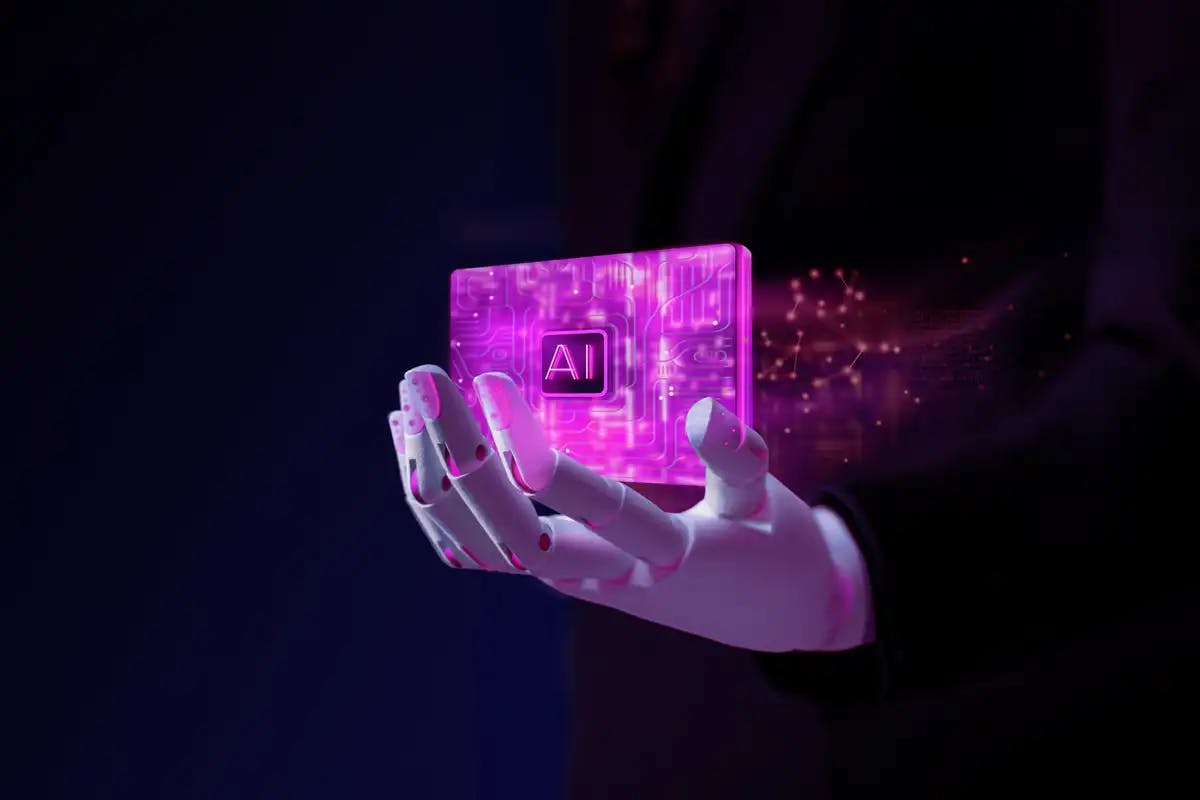


Artificial General Intelligence (AGI) also known as human-level AI represents the pinnacle of artificial intelligence research, aiming to develop AI systems that can emulate the remarkable capabilities of the human mind. Unlike narrow AI, which excels at specific tasks within its designed domain, AGI seeks to create machines loaded with general intelligence – the ability to learn, reason, and solve intricate problems across a vast array of domains, just as humans do. AGI, also known as strong AI, is a technology that aspires to create artificial entities possessing intelligence on par with, or even surpassing, the remarkable intellectual prowess of human beings

Artificial General Intelligence or AGI is an advanced idea that could completely change how we use and interact with technology. AGI means creating super smart machines that can think, learn, and understand the world just like humans. This could lead to huge changes in many different areas like healthcare, teaching kids in school, making new scientific discoveries, and helping make really important decisions. Understanding AGI is a must so we can get ready for how it might affect our society, economy, and the way we see the world.
Artificial general intelligence (AGI) is a type of artificial intelligence (AI) that can perform as well or better than humans on a wide range of cognitive tasks, as opposed to narrow AI, which is designed for specific tasks. - by Wikipedia
Artificial General Intelligence (AGI) differs greatly from what we know as artificial intelligence (AI) today. Current AI systems are designed for specific tasks and excel within their narrow scope. They might excel at chess, image recognition, or language translation, but cannot apply their skills broadly.
AGI, on the other hand, aims to create intelligent systems with general capabilities similar to the human mind. Such systems would possess the ability to learn, reason, and adapt across diverse situations and challenges. The goal is to develop machines that can grasp complex concepts, acquire knowledge, and use it to solve problems spanning multiple domains.
AGI systems are expected to possess several key characteristics that distinguish them from narrow AI systems:

While the concept of AGI is still theoretical, researchers have proposed different approaches and types of AGI systems:
While the concept of AGI has been discussed and explored for decades, significant milestones and developments in AGI research have shaped our understanding of this ambitious goal.

The primary difference between AI and AGI lies in the scope and generality of their capabilities.

While current AI systems, often referred to as "narrow AI," are designed to excel at specific tasks or domains, such as image recognition or game-playing, AGI systems aim to possess general intelligence that can be applied across multiple domains, similar to human intelligence.
AGI will be able to learn and think flexibly. They'll gain knowledge and solve problems in many different situations. Unlike narrow AI systems, AGI will not be limited in its abilities. It will be able to adapt and understand across many contexts. AGI systems are expected to reason and learn without constraints.
Build your AI roadmap with expert insights from our AGI playbook.
See our AGI toolkit and get the most out of it.
As of now, AGI remains a theoretical concept and an active area of research. Despite significant advancements in AI technologies, such as machine learning (ML) and deep learning, we have not yet achieved the level of general intelligence required for AGI systems.
Current AI systems, while highly sophisticated in their respective domains, cannot still generalise their knowledge and skills across multiple domains in the same way humans do. AGI systems face major obstacles in mirroring human cognition, problem-solving, and decision-making capabilities due to their intricate nature. Yet, research endeavours persist, propelled by organisations, academia, and tech firms exploring diverse methodologies and techniques. As our grasp of AI and cognitive science deepens, realising AGI might become more feasible in the times ahead.
Nonetheless, surmounting the technical hurdles of replicating human-level reasoning and cognitive abilities poses a formidable challenge for the development of AGI systems. Despite these complexities, numerous entities remain dedicated to advancing this ambitious objective, continually investigating new approaches and techniques that could possibly yield breakthroughs. With each incremental advancement in our understanding of artificial intelligence and cognitive science, the prospect of achieving AGI becomes increasingly more realisable in the future.
Currently, there are no commercially available tools or products that can be considered true AGI systems. However, several organisations and research groups are actively working on developing AGI-related technologies and frameworks.
Some notable examples include:
General intelligence in machines, known as Artificial General Intelligence (AGI), could change how we interact with technology. Although currently theoretical, research is rapidly advancing related fields like machine learning. This brings AGI closer to reality, with machines potentially matching or exceeding human intelligence across diverse areas.
AGI systems can drive breakthroughs in sectors ranging from healthcare and scientific research to education and decision-making. However, the pursuit of AGI raises crucial ethical and societal concerns that must be addressed proactively as development progresses.
Are you planning to implement Artificial General Intelligence (AGI) or beyond for your business? Look no further, hire an AI developer from Codiste, a reliable AI development company, to develop a smarter and more powerful system than humans with all essential features and functionality. Let’s connect to discuss more about your AGI project idea.




Every great partnership begins with a conversation. Whether you’re exploring possibilities or ready to scale, our team of specialists will help you navigate the journey.